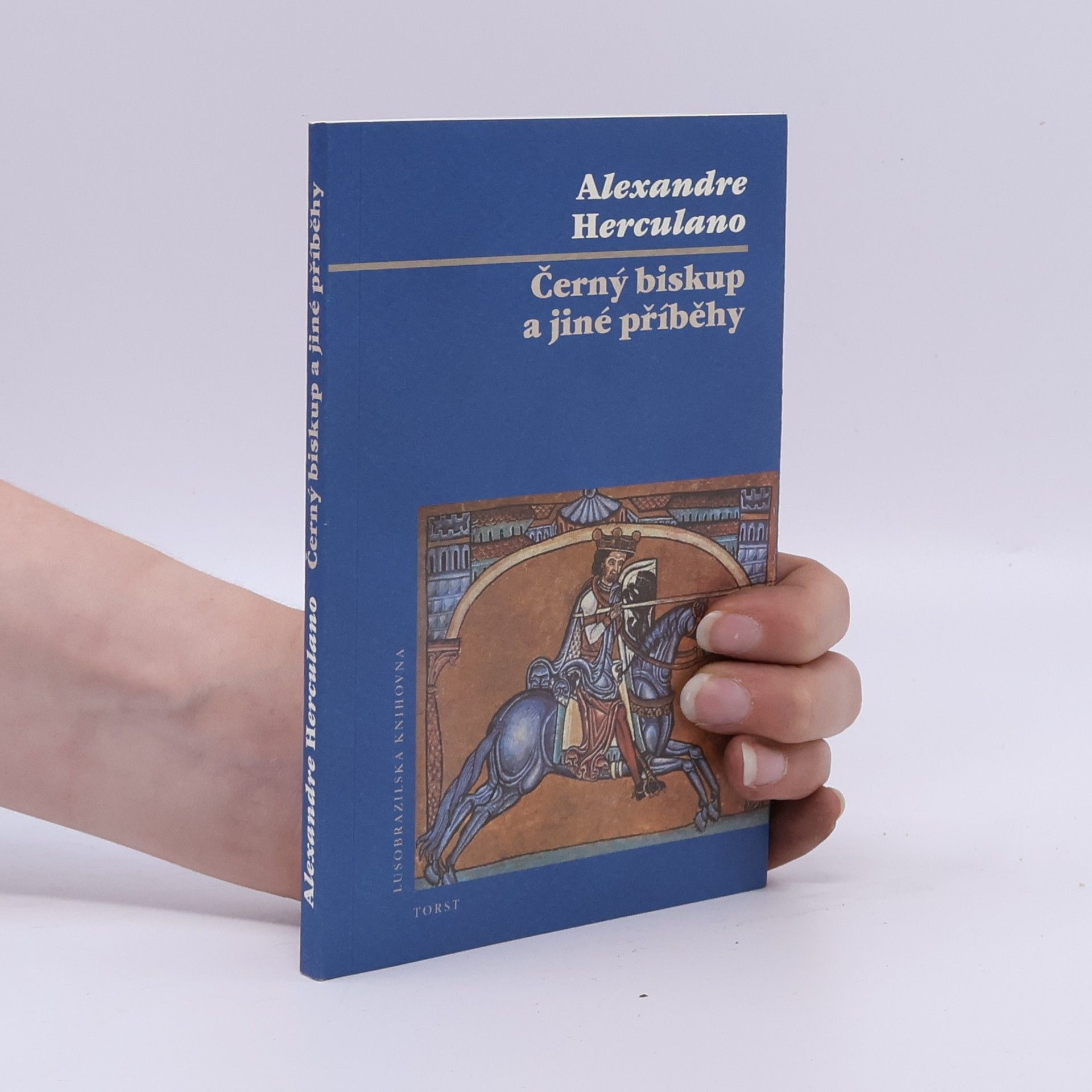Die kurzen Erzählungen werden als bedeutende Beiträge zur portugiesischen Literatur betrachtet, die ein weit verbreitetes Genre in Europa einführen sollen. Im ersten Band werden historische Themen behandelt, darunter die muslimische Herrschaft und der portugiesisch-kastilische Krieg, während der zweite Band populäre Legenden und Erzählungen über heroischen Widerstand und ländliches Leben präsentiert. Diese Werke reflektieren das Streben nach nationaler Identität und Freiheit und bieten einen Einblick in die kulturelle und historische Entwicklung Portugals.
Alexandre Herculano Book order (chronological)
Alexandre Herculano was a Portuguese novelist and historian whose work is characterized by deep feeling and considerable power of expression. Inspired by Portugal's political emancipation, he vividly depicted the bitterness of exile and the heroic struggles for liberty. Through his historical tales and essays, he educated the middle class, acquainting them with national history and the progress of knowledge and literature abroad. Though often grave, his writings also reveal satire and humor, and his historical works are valued for their fidelity to facts and lucid explanations of events.



Černý biskup a jiné příběhy
- 118 pages
- 5 hours of reading
Alexandre Herculano (1810–1877), portugalský básník, zakladatel moderního dějepisectví, politik a autor polemicky vyhrocených studií a esejů, se do prózy 19. století zapsal především jako tvůrce romantických historických próz v duchu Waltera Scotta. Kniha Černý biskup a jiné příběhy, v níž se Herculano českému čtenáři představuje poprvé, je výborem z kratších próz ze souboru Legendy a vyprávění. Herculano se tu obrací především k iberskému středověku a očima romantika sleduje raně středověký střet Maurů a Gótů, který stojí u zrodu mnohotvárné hispánské identity, ustavování portugalského národa, které je provázeno úsilím o udržení vlastní svébytné kultury, jako romantik evropského formátu se ale zdrží i u tajemného řádu templářů. Čtenář se v jeho prózách setká se ztvárněním hlavních romantických témat: hrdinství a cti, lásky, nevyzpytatelného ženství, tajemných slojí lidské duše či otázky celibátu. Přeložila Irena Kurzová, středověkou legendu Paní Kozonožka přeložila Šárka Grauová, verše přeložil Jiří Pelán, doprovodnou studii napsala Silvie Špánková.